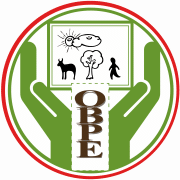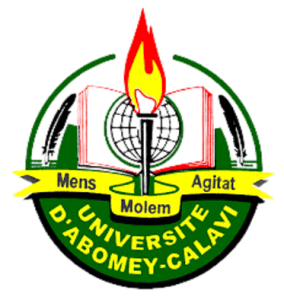MEP - Monitoring of Ecosystems, their Services and Protected Areas
Home » MEP
Home » MEP
Monitoring of Ecosystems, their Services and Protected Areas (MEP)
Supporting taxonomic research in the context of the Global Taxonomy Initiative (GTI)
The MEP sub-programme delivers significant advantages linked to the conservation and monitoring of habitat dynamics:
- The MEP offers and promotes skills and tools or generates data that are required for national planning and reporting under the Convention on Biological Diversity or other multilateral environmental agreements.
- The MEP relies on a number of institutional cooperation projects and external projects.
The MEP sub-programme, which monitors biodiversity across various ecosystems or habitats, is closely related with species discovery and description through taxonomic research (GTI sub-program).
CEBioS’ MEP programme of tropical ecosystems, especially in protected areas (PAs), helps to strengthen the capacities of its partners in the management of those PAs as these areas are:
- critical habitats for local biodiversity
- essential for the provision of a wide range of ecosystem services that are important for local human well-being and development (food, medicines, fuel, …)
- central to carbon sequestration, climate change adaptation and mitigation
Protected areas are understood in a wide context and include significant regions designated for specific conservation purposes, encompassing Important Bird Areas (IBA) and Endemic Bird Areas (EBA), Centres of Plant Diversity (CPD), Indigenous and Community Conserved Areas (ICCA), Alliance for Zero Extinction Sites (AZE) and Key Biodiversity Areas (KBA) among others.
Accordingly, MEP and its contribution to reporting on the status of ecosystems are crucial for:
- informed decision-making processes, developing plans and strategies, supporting actions and tracking progress on the protection of biodiversity, in the context of countries’ national and international commitments under the CBD and other biodiversity conventions (IP sub-program)
- assessing the availability of services provided by nature and its potential impact on poverty since healthy ecosystems and well-managed PAs can contribute to sustainable local livelihoods by providing populations with high-quality resources, enabling them to generate a more stable income
Habitat Monitoring activities are carried out in cooperation with long-standing partner institutions:
- Institut Congolais de la Conservation de la Nature (ICCN) in DR Congo

- Office Burundais pour la Protection de l’Environnement (OBPE) in Burundi

- Université d’Abomey-Calavi (UAC) in Benin

MEP activities typically involve gathering standardized data on the dynamics of plant and animal populations and integrating this information into databases for analyzing the interconnections among different environmental elements within Protected Areas (PAs). The activities are executed in collaboration with several other Belgian research institutes (UCL, ULg/Gembloux, ULB, Botanic Garden Meise) and are mainly centered around:
1. Technical support
- Providing training and ongoing support for park rangers, eco-guards, scientists, and other stakeholders engaged in monitoring habitats and conducting campaigns to gather and analyze data on habitat types, vegetation, and wildlife populations
- provision of basic equipment, syllabi and standardized monitoring files
- free distribution of a series of Lexicons, a RBINS-CEBioS publication, co-edited with local scientists
2. The promotion of research aiming at consolidating the understanding of dynamics in vegetation and animal populations, the status of ecosystems, and the assessment of ecosystem services. This happens in synergy with universities of Benin, DRC and Burundi through:
- contributions to the identification of research topics, often in collaboration with ICCN and OBPE
- guidance on conducting and publishing scientific studies
- support for master and PhD theses
- assistance with the implementation of recommendations derived from research


